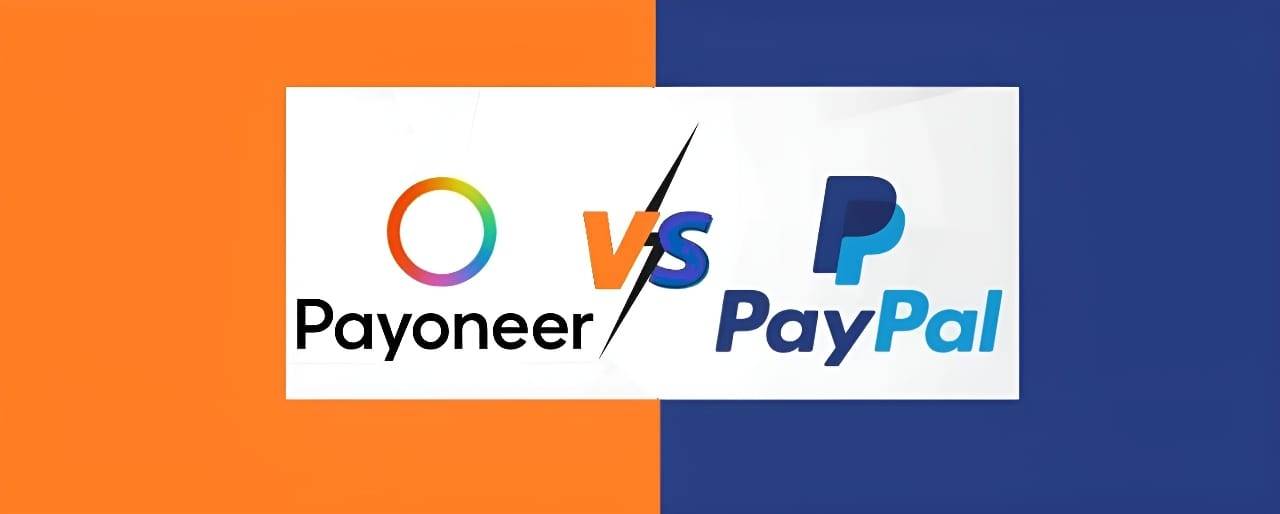How Cash Advances Work: A Quick Overview

A cash advance is a short-term loan provided by financial institutions, credit card companies, or alternative lenders. It’s a quick way to get cash when you need it urgently, but it comes with significant fees and interest rates. Understanding how cash advances work can help you make informed decisions about whether they’re the right option for your financial needs.
What Are Cash Advances?
Cash advances are financial services that allow individuals or businesses to access immediate funds. They are particularly useful in emergencies or situations where quick cash is needed. The most common forms of cash advances include:
- Credit Card Cash Advances: Borrowers can withdraw cash against their credit card limit.
- Payday Loans: Short-term loans designed for individuals needing quick cash until their next paycheck.
- Merchant Cash Advances: Businesses receive a lump sum in exchange for a percentage of future sales.
For a deeper understanding of cash advances, you can refer to Investopedia.
How Do Cash Advances Work?
When you take a cash advance, the lender provides immediate cash, either as physical money or through a direct deposit to your account. Here’s how different types of cash advances typically work:
- Credit Cards: Many credit cards allow users to withdraw a portion of their credit limit as cash. For example, if your card limit is $5,000, you might have a $1,000 cash advance limit.
- Payday Lenders: These lenders specialize in short-term loans marketed as cash advances against your paycheck. They often require repayment by your next payday.
- Merchant Cash Advances: Designed for businesses, these allow companies to borrow against their future sales. The repayment is typically made through a percentage of daily credit card transactions.
To learn more about how merchant cash advances operate, visit NerdWallet.
The Pros and Cons of Cash Advances
Before opting for a cash advance, weigh the advantages and disadvantages carefully.
Pros:
- Quick Access to Funds: One of the main benefits of a cash advance is the speed with which you receive the money.
- Convenience: Withdrawing a cash advance is easy and can often be done at an ATM or online.
- No Collateral Required: Many cash advances don’t require you to put up collateral.
Cons:
- High Fees and Interest Rates: A cash advance often comes with higher interest rates compared to regular loans.
- No Grace Period: Unlike purchases on a credit card, interest on a cash advance starts accruing immediately.
- Limits: The amount you can borrow via a cash advance is often limited to a small percentage of your total credit limit.
To better understand the impact of cash advances on your financial health, check out Power Finance Texas.
Types of Cash Advances
There are various types of cash advances tailored to specific needs:
- Credit Card Cash Advances: The most common type of cash advance that allows cardholders to withdraw cash up to a certain limit. However, the interest rates on these advances are usually higher than for regular purchases.
- Payday Loans: Often marketed as cash advances, payday loans are designed to help individuals meet short-term financial emergencies and usually need to be repaid by the next payday along with significant fees.
- Merchant Cash Advances: These provide funds in exchange for a percentage of future sales and can be beneficial for small businesses with fluctuating revenue streams.
Learn more about the different types of cash advances on The Balance.
Fees and Costs Associated with Cash Advances
When taking out a cash advance, it’s essential to be aware of the costs involved:
- Interest Rates: These are typically higher for cash advances than for regular credit card purchases.
- Cash Advance Fee: Most providers charge a fee, usually a percentage of the amount withdrawn (commonly 3-5%).
- ATM Fees: If you take a cash advance from an ATM, you might incur additional fees.
- No Rewards: Unlike regular credit card transactions, cash advances don’t earn points or cashback.
To calculate the true cost of a cash advance, consider using tools like the Bankrate Cash Advance Calculator.
When Should You Consider a Cash Advance?
A cash advance should only be considered in emergency situations when you have no other options. For example:
- Unexpected Medical Bills: A cash advance can help cover immediate medical expenses.
- Urgent Car Repairs: If your vehicle breaks down unexpectedly, a cash advance can get you back on the road.
- Temporary Cash Flow Issues: For businesses, a merchant cash advance can help maintain operations during low-revenue periods.
While these scenarios might justify taking a cash advance, always explore alternatives first, such as personal loans or borrowing from family and friends.
Alternatives to Cash Advances
Before opting for a cash advance, consider these alternatives:
- Personal Loans: These usually have lower interest rates compared to cash advances.
- Credit Union Loans: Many credit unions offer small, low-interest loans to their members.
- Overdraft Protection: This service allows you to avoid overdraft fees by linking your checking account to another account or line of credit.
- Borrowing from Family or Friends: While not always an option, this can be a more affordable alternative to a cash advance.
For more alternatives, visit Credit Karma.
How to Apply for a Cash Advance
Applying for a cash advance is straightforward:
- Check Your Credit Card Limit: Log into your credit card account to see if you’re eligible for a cash advance.
- Visit a Payday Lender: If opting for a payday loan, visit a local lender with your ID and proof of income.
- Apply Online: Many providers offer online applications for various types of cash advances.
Remember to read the terms and conditions carefully before proceeding with any application.
The Impact of Cash Advances on Credit Scores
Taking out a cash advance can impact your credit score in several ways:
- Increased Credit Utilization Ratio: A high balance due to a cash advance can negatively affect your credit utilization ratio.
- Missed Payments Consequences: If you’re unable to repay the cash advance on time, it can lead to late fees and damage your score.
- Hard Inquiries: Some lenders may perform hard inquiries that affect your score temporarily.
For tips on maintaining your credit score while using cash advances, check out Experian.
Conclusion
While cash advances can provide immediate financial relief, they come with significant risks including high fees and interest rates. Always consider alternatives and ensure that you fully understand the terms before proceeding with any type of cash advance. If you must take one out, have a clear repayment plan in place to avoid falling into debt.For more financial advice and resources, visit trusted sites like Forbes Advisor.




